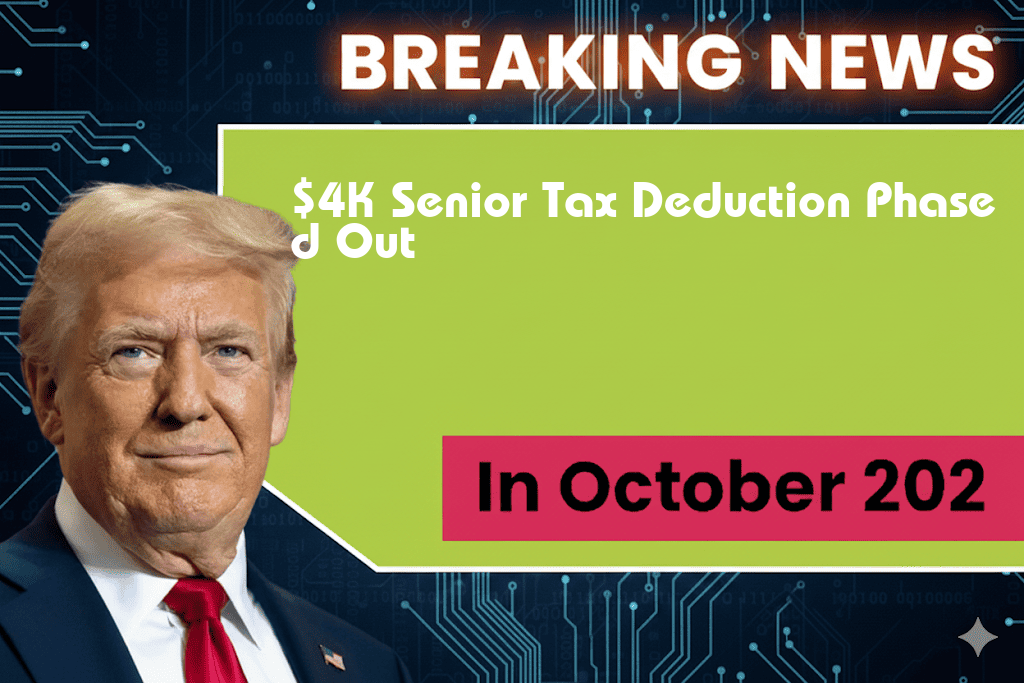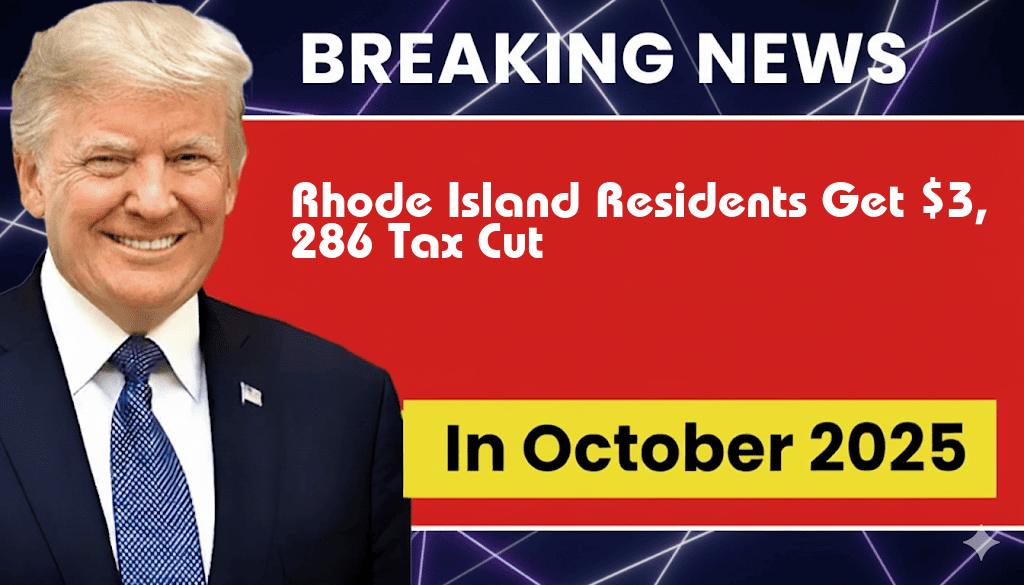

Residents of Rhode Island are poised to receive a significant financial boost as the state government has approved a tax cut amounting to $3,286 for eligible taxpayers. This initiative, part of a broader effort to alleviate the financial burden on residents amid rising living costs, is expected to impact thousands of households across the state. The tax cut, which comes in the form of a credit on state income taxes, aims to provide much-needed relief to families and individuals who have been grappling with inflation and economic uncertainty. Governor Dan McKee emphasized that this measure is crucial for supporting families and stimulating local economies.
Details of the Tax Cut
The tax cut will be applied to the income tax returns of eligible Rhode Island residents for the upcoming fiscal year. The specifics of the tax cut are as follows:
- Amount: Each eligible taxpayer will receive a tax cut of $3,286.
- Eligibility: The tax cut is designed for individual filers with an adjusted gross income below a specified threshold. Families with dependents may also qualify for additional credits.
- Effective Date: The tax cut will take effect for the 2023 tax year.
Impact on Rhode Island Residents
This tax relief is particularly significant given the current economic climate. Many Rhode Island residents have expressed concerns regarding the rising costs of living, including housing, groceries, and healthcare. The state’s Department of Revenue estimates that approximately 90,000 households will benefit from this tax cut, providing a total of nearly $300 million in relief.
Financial Relief for Families
For many families, this tax cut could mean the difference between making ends meet or struggling to cover essential expenses. The extra funds could be used for:
- Paying down debt
- Covering school-related expenses
- Investing in home improvements
- Saving for future needs
Reactions from State Officials
Governor McKee highlighted that the tax cut is part of a larger strategy to enhance the economic stability of Rhode Island residents. “We understand that families are facing difficult times, and we are committed to providing relief where it is most needed,” he stated during a recent press conference. The tax cut has received bipartisan support, with both Democrats and Republicans acknowledging the need for immediate assistance to residents.
Broader Economic Implications
The tax cut is expected to have ripple effects throughout the state’s economy. By increasing disposable income, residents will likely spend more on local businesses, thereby aiding in economic recovery post-pandemic. According to economic analysts, this could lead to a boost in sales tax revenue, which is crucial for funding public services and infrastructure projects.
Challenges Ahead
While the tax cut is anticipated to provide immediate relief, challenges remain. The state must ensure that the budget can accommodate this reduction in revenue while still funding essential services such as education and healthcare. Additionally, some lawmakers have raised concerns about the long-term sustainability of such tax cuts, suggesting that careful monitoring and adjustments may be necessary in the future.
Next Steps for Residents
Eligible taxpayers should prepare for the upcoming tax season by ensuring they have the necessary documentation in order to claim the tax cut. The Rhode Island Division of Taxation has provided resources and guidance on how to navigate the tax filing process. Residents can visit the official state website for more information on eligibility and application procedures:
Conclusion
As Rhode Island residents prepare for the benefits of this significant tax cut, the state’s leadership remains focused on fostering an environment that supports economic growth and stability. With this measure, thousands of families will receive vital financial assistance, helping to ease the pressures of everyday living.
Frequently Asked Questions
What is the total amount of the tax cut for Rhode Island residents?
The total amount of the tax cut for Rhode Island residents is $3,286, which is expected to provide financial relief to many households across the state.
Who will qualify for the $3,286 tax cut in Rhode Island?
Qualifying residents include those who meet specific income criteria set by the state, ensuring that the tax cut primarily benefits low- to moderate-income households.
When will Rhode Island residents start seeing this tax cut reflected in their returns?
Rhode Island residents can expect to see the tax cut reflected in their returns starting from the next tax filing season, allowing them to benefit from the savings promptly.
How will this tax cut impact the overall economy of Rhode Island?
The tax cut is expected to stimulate the local economy by increasing disposable income for residents, which could lead to greater spending in local businesses and services.
Is this tax cut a one-time benefit or will it be ongoing?
This tax cut is currently positioned as a one-time benefit, but future evaluations may lead to similar measures if the state’s budget allows for continued tax relief in subsequent years.




